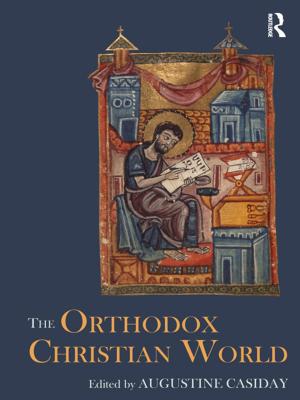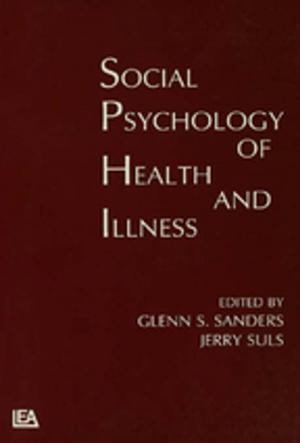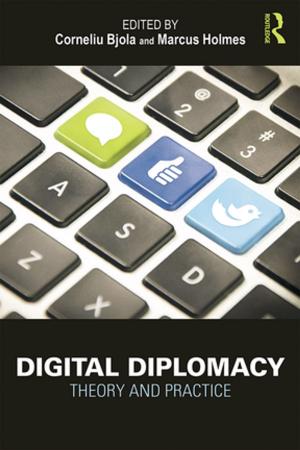| Author: | ISBN: | 9781317360377 | |
| Publisher: | Taylor and Francis | Publication: | October 2, 2017 |
| Imprint: | Routledge | Language: | English |
| Author: | |
| ISBN: | 9781317360377 |
| Publisher: | Taylor and Francis |
| Publication: | October 2, 2017 |
| Imprint: | Routledge |
| Language: | English |
The European Union is often depicted as a dominant global regulator. The purpose of this volume is to move beyond establishing that the EU influences global regulation to being to identify under what conditions it exerts that influence. Toward that end, it focuses on the EU's active efforts, both bilateral and multilateral, to shape regulations beyond its borders. The empirical chapters in this volume are explicitly comparative, among foreign partners, across international contexts, over time, and across issues. The more conceptual contributions posit an explanation for the EU’s choice of regulatory cooperation strategy and take stock of Market Power Europe as a dynamic conceptual framework for understanding and researching the EU as a power. Collectively, this volume advances three arguments: the utility of the EU’s regulatory power resources is context specific; debates about what kind of power the EU is, at least as currently conceived, are unproductive; and that the EU’s engagement in the world is better explained through general theories of international political economy.
This book was published as a special issue of the Journal of European Public Policy.
The European Union is often depicted as a dominant global regulator. The purpose of this volume is to move beyond establishing that the EU influences global regulation to being to identify under what conditions it exerts that influence. Toward that end, it focuses on the EU's active efforts, both bilateral and multilateral, to shape regulations beyond its borders. The empirical chapters in this volume are explicitly comparative, among foreign partners, across international contexts, over time, and across issues. The more conceptual contributions posit an explanation for the EU’s choice of regulatory cooperation strategy and take stock of Market Power Europe as a dynamic conceptual framework for understanding and researching the EU as a power. Collectively, this volume advances three arguments: the utility of the EU’s regulatory power resources is context specific; debates about what kind of power the EU is, at least as currently conceived, are unproductive; and that the EU’s engagement in the world is better explained through general theories of international political economy.
This book was published as a special issue of the Journal of European Public Policy.















